detail profile renato novaes
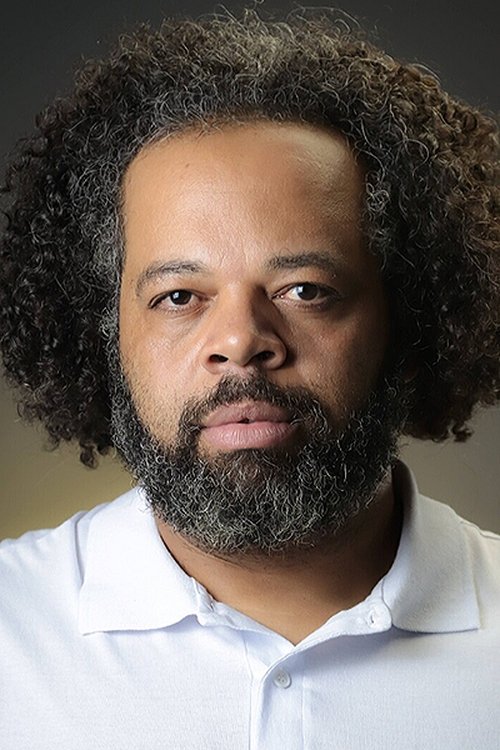
Info Pribadi
Peran Yang Di Mainkan Renato Novaes
 Zeca tries to get up early...
Zeca tries to get up early...The Day I Met You 2024
Zeca tries to get up early to catch the bus and arrive an hour and a half later at the neighboring town’s school, where he works as a librarian. Waking up early is evermore difficult: something prevents him from maintaining his routine. One day, Zeca meets Louisa.
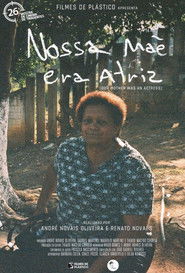 Maria Jos Novais Oliveira a black...
Maria Jos Novais Oliveira a black...Our Mother was an Actress 2023
Maria José Novais Oliveira, a black woman, resident on the outskirts of Contagem, already in her 60s, has become a film actress, with an award-winning career in Brazil and internationally. This documentary recalls the image of a unique woman who marked Brazilian cinema in the 2010s.
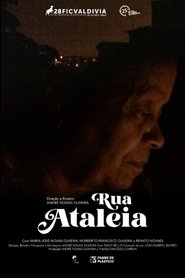 In 2011 during a blackout in an...
In 2011 during a blackout in an...Ataléia Street 2021
In 2011, during a blackout in an outskirt neighborhood’s street, a family – surrounded by candles that light conversations and thoughts – awaits the return of electricity. Now, ten years later, the light tries to impose its place towards the shadows of memory.
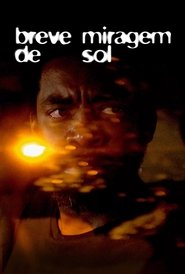 Down on his luck and recently...
Down on his luck and recently...Burning Night 2020
Down on his luck and recently divorced, Paulo has begun driving a cab around Rio, hoping he’ll make enough to send his ex money to support their ten-year-old son. He mostly works nights, so in addition to his encounters with a colourful variety of customers, colleagues, cops and others, he must cope with loneliness, fatigue and new faces in his life.
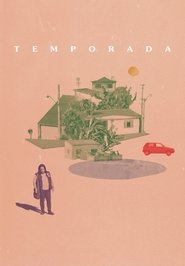 In order to take a new...
In order to take a new...Long Way Home 2019
In order to take a new job as an employee in the public sanitation department, Juliana moves from the inner city of Itaúna to the metropolitan town of Contagem in Brazil. While waiting for her husband to join her, she adapts to her new life, meeting people and discovering new horizons, trying to overcome her past.
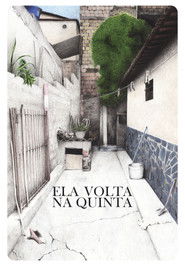 With its obvious simplicity the films...
With its obvious simplicity the films...She Comes Back on Thursday 2016
With its obvious simplicity, the film’s title happens to set the mood of the film, or at least its guiding principle: staying anchored in everyday life. More precisely, the life of Maria José and Norberto, who have been married for 35 years and who live in Contagem, in the suburbs of Belo Horizonte. Their marriage is on the rocks, which leads their two sons to also wonder about the future of their own relationships with their wives. The story is quite ordinary. How can one capture such an impercep- tible shift in the heart of the banality of things, only made more noticeable by a crisis? Filming his own family, his own parents, his brother and himself, André Novais Oliveira has chosen to take his time. He shots long sequences, leaving enough time for the fictional situations on which he puts his characters to grow and unfold. Then he uses wide frames to linger on more mundane, concrete or at times farcical moments: eating an orange, cooking, watching television...
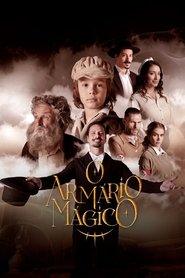
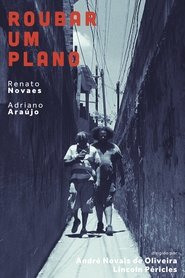 One day Renato and Adriano decide...
One day Renato and Adriano decide...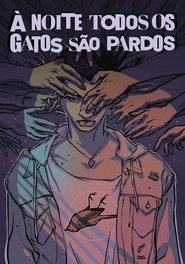 The night of Belo Horizonte Brazil...
The night of Belo Horizonte Brazil... 17yearold Anderson steals a motobike in...
17yearold Anderson steals a motobike in... A middleclass Black family in Brazil...
A middleclass Black family in Brazil... Through boxing Jessica pursue to overcome...
Through boxing Jessica pursue to overcome...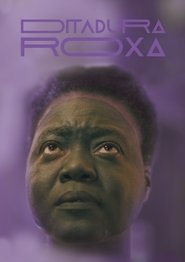 Yeda the greenfaced woman sells homemade...
Yeda the greenfaced woman sells homemade...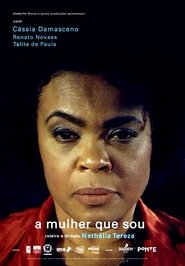 Marta wants to give herself a...
Marta wants to give herself a...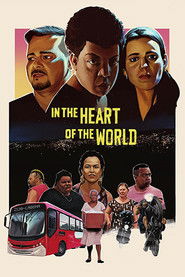 The inhabitants of the Brazilian city...
The inhabitants of the Brazilian city...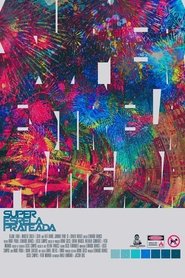 A couple obsessed by fireworks discovers...
A couple obsessed by fireworks discovers...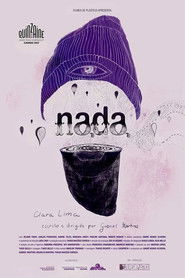 Bia just turned eighteen The end...
Bia just turned eighteen The end...